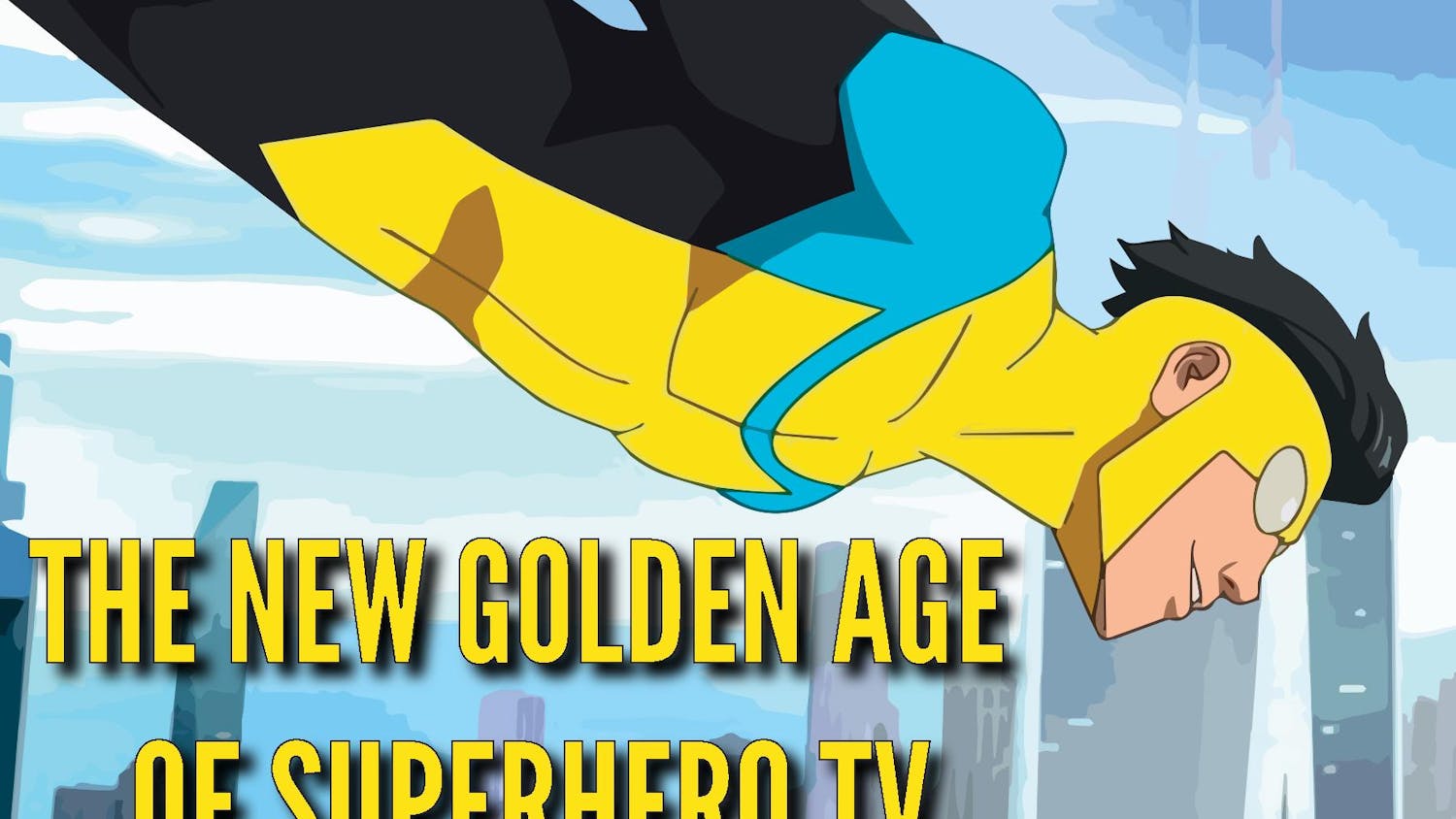One of the most intensely debated films of the summer, "The Tree of Life," has finally arrived at Notre Dame. It will play at the DeBartolo Performing Arts Center (DPAC) this weekend as part of Nanovic Institute Film Series. The film has gained both lofty praise and harsh scrutiny from critics and audiences alike. But after winning the Palmed'Or, the highest award of The Cannes Film Festival, "Tree of Life" has certified itself as an artistic achievement.

While this sort of success is usually welcomed, director Terence Malick ("The New World") is not one for the limelight. He detests being interviewed and is very private about his work. Even though he has only made five films in the last 38 years, he is recognized as one of the most influential directors. However, one needs only to look at his pedigree with films such as "Days of Heaven" and "The Thin Red Line" to identify a master at work.
The film community has long awaited "The Tree of Life," which took a decade for Malick to produce, partly because the film's complex non-linear narrative took so much time to compose. The first half of the story focuses on the formation of the universe. The audience witnesses the dazzling formation of the solar system and the development of earth from microorganisms to dinosaurs. In order to get the required shots, Malick painstakingly sent his crew around the globe to capture mesmerizing footage of earth's natural wonders. The results are breathtaking and even critics who disliked the film recognized the cinematography's brilliance.
In the second half we are transported to a small town in Texas in the 1950s. Here, a young boy named Jack comes of age in a household controlled by a domineering father, played with understated brilliance by Brad Pitt, and a loving mother portrayed by Jessica Chastain. Jack struggles to balance his parents' conflicting spirits within himself. This internal confusion leaves Jack with contempt for the external world around him. He questions God's benevolence and existence, which subsequently calls his faith in humanity into question.
Sean Penn plays a grown up Jack. No longer living in Texas, he is now in an urban metropolis littered with skyscrapers, steel and reflective glass. The scenes with Sean Penn begin and end the film. In this future we learn that something one of Jack's younger brothers did leaves even more philosophical questions unanswered for a tortured older Jack.
"The Tree of Life" is an unorthodox and complex visual feast. Most of this is achieved by Malick's intricate editing, which constantly whirls us around his cinematic Eden. In fact, one theatre in Italy played the reels in reverse, showing the second half of the movie before the first, for a week. However, not a single audience member mentioned the error due to the film's abstract style.
Certain theatres even had signs telling customers that this was not a regular Brad Pitt film and all sales were final. Some viewers expected "Mr. and Mrs. Smith" and instead got subject matter usually found in the writings of Nietzsche and Aquinas. As Roger Ebert stated, "The only other film I've ever seen with this boldness of vision was Kubrick's ‘2001: A Space Odyssey' and it lacked Malick's fierce evocation of human feeling."

"The Tree of Life" is without question one of the most stunning, cryptic and profound works in years.












